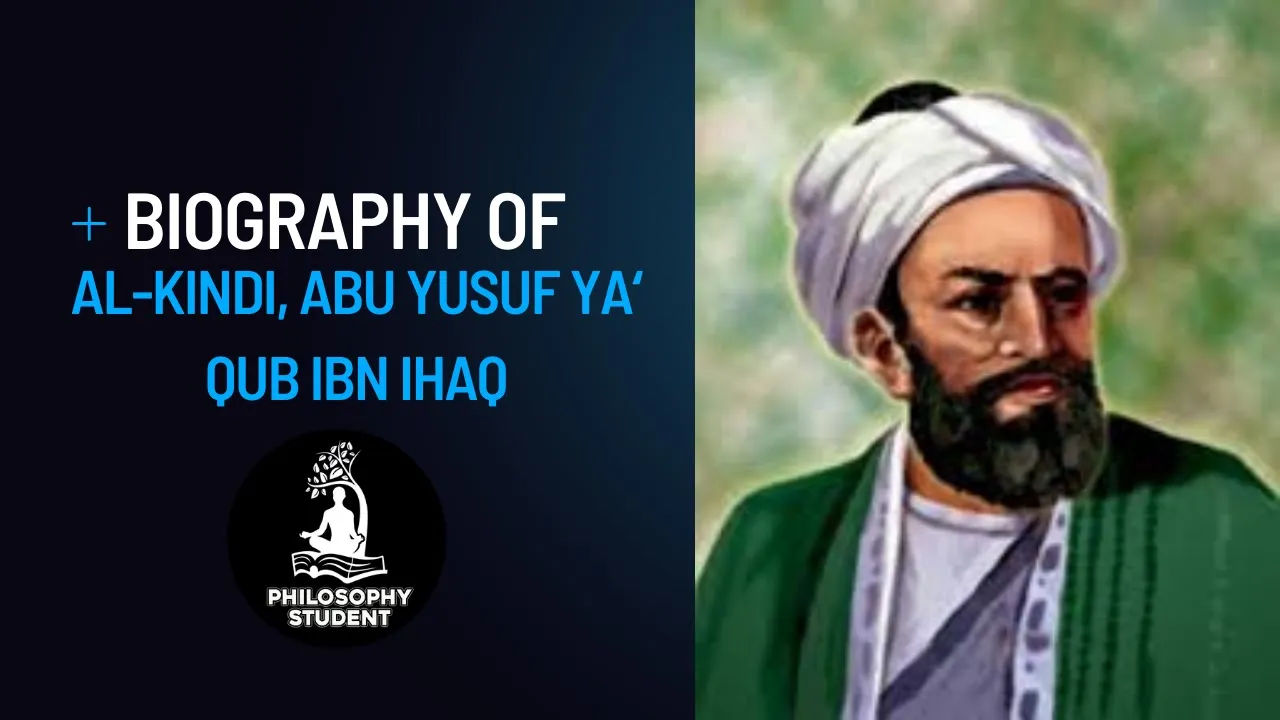Born about 801 in Basra (then a city of the Abbasid Caliphate; now in Iraq), Abu Yusuf Ya‘qub ibn Ishaq Al-Kindi is considered the first Arabic philosopher. He translated Aristotle, the Neoplatonists, and Greek mathematicians into Arabic and wrote original treatises (drawing on Aristotle), including Theology of Aristotle and Book of Causes. His On First Philosophy argues against the idea of an eternal earth and argues for a divine simplicity, defining God, simply, as “One.”
Al-Kindi was a member of the Arab Kinda tribe, which was instrumental in the early development of Islam. Educated in Baghdad, al-Kindi was employed by caliph al-Ma’mun as a court scholar and also served al Ma’mun’s successor, al-Mu‘tasim. While in service to the latter, he wrote On First Philosophy, which remains his best-known work.
Al-Kindi’s most important contribution to Arab philosophy was as the leader of efforts to translate Aristotle and other Greek philosophers into Arabic. This put the Arab intellectual world in advance of medieval Europe in rediscovering the classical thinkers of the Western world. Beyond leading and coordinating this great scholarly effort, al-Kindi worked assiduously to popularize the tradition of Greek thought in the Arab world.
Although much of al-Kindi’s work has been lost, we know that he was extremely prolific, especially in the fields of science and mathematics. His major work of original philosophy, On First Philosophy, exists only in its first part, beginning with an injunction to the reader to honor Greek philosophical wisdom. The second section of Part One encompasses a refutation of the idea of the eternity of the world, and the final two extant portions of the third and fourth sections of Part One present the philosophical argument for the existence of a “true One,” God, who is the source of unity in all things.
Other surviving works include On the Intellect, the first Arabic treatise to provide a taxonomy of types of intellect; Discourse on the Soul, an anthology of quotations from Greek philosophers; That There are Separate Substances, an Aristotelian effort to prove the immateriality of the soul; and On Sleep, a discourse on prophetic dreams framed by Aristotle’s theory of the imagination.
Al-Kindi was a cosmologist (On the Proximate Agent Cause of Generation and Corruption and On the Prostration of the Outermost Sphere) and, in a more practical vein, wrote on weather forecasting.
It is certain that al-Kindi died after 866, and most scholars believe his death, in Baghdad, occurred around 873.




































